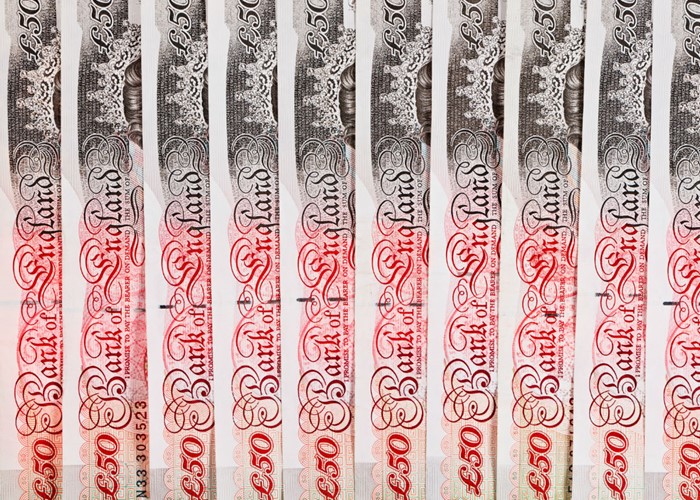Most UK workers have £500 cash a month to spare

After essential outgoings, most workers have at least quarter of their income left.
According to research by Lloyds Bank, seven out of 10 full-time workers have £500 a month left to spend after essentials like rent and food have been paid.
In the last three years, the average UK full-time salary after tax and National Insurance has risen from £2,048 in 2011 to £2,154 in 2014. This is based on the average UK gross full-time salary of £33,511.
Encouragingly, this spare cash seems to be spurring a savings habit, with 68% saying that if they have spare cash they are likely to save it. This is a big jump from 52% who said the same back in 2011.
Surprisingly, three in 10 people have at least half (around £1,075) of their income remaining and one in 10 have at least quarters left after forking out for the essentials.
What should you do with your spare cash?
If you're one of the people with cash left over each month, what should you be doing with it?
Pay off debts
This should be your first priority. Debts tend to cost you more than you could earn through savings, so it’s best to pay them off before you start saving.
Even if you only pay as much as you can afford, you'd be surprised by how soon you could free yourself from debt.
Overpay your mortgage sooner
Talk to your lender about paying more than you already do each month. Overpaying means that you pay your mortgage off quicker, saving you thousands in interest payments in the long run. You'll then have more cash to put into other things like savings or a pension.
And above all else, you’ll own your home outright sooner.
Just bear in mind that many mortgages will limit exactly how much you can overpay each year before you are hit with an early repayment charge.
For more read Overpay your mortgage and save thousands.
Compare mortgages with lovemoney.com
Put it in to a high-interest savings or current account
Since inflation fell to 1.2% this month, there are now 322 savings accounts that beat inflation, which is quite an improvement on the 170 available in August. Now basic rate taxpayers only need a gross interest rate of 1.5% to get adequate returns on their investment.
Check out savings accounts that beat inflation to find the best deals for you.
Don't forget though that some current accounts offer higher rates of interest than most savings accounts anyway. Take the TSB Classic Plus current account; you get a massive 5% interest on a minimum deposit of a pound with unlimited access, on sums of up to £2,000, while Nationwide's FlexDirect pays 5% for the first 12 months on sums of up to £2,500.
And if you have a bigger pot to worry about, you can get 3% on balances up to £20,000 with the Santander 123 current account.
For more, read The bank accounts that beat savings accounts.
More on saving and making money:
Cheap and free things to do this half term
Pick up a free pumpkin with TopCashback
Ebay opts sellers into global shipping programme
Standard Life launches drive to hand back £113 million of unclaimed assets
Comments
Be the first to comment
Do you want to comment on this article? You need to be signed in for this feature